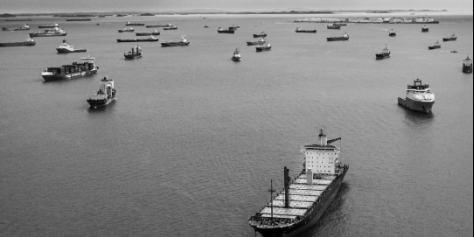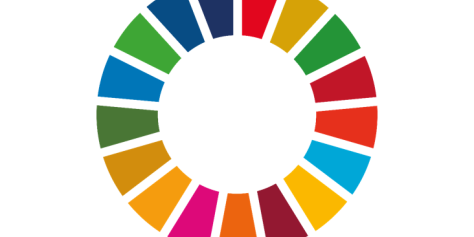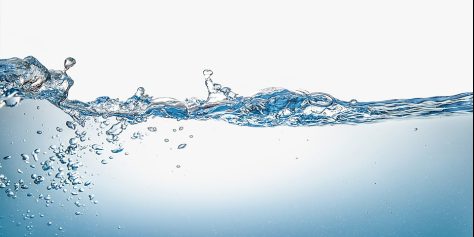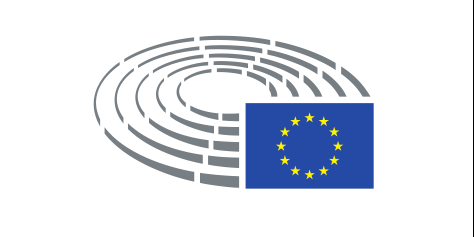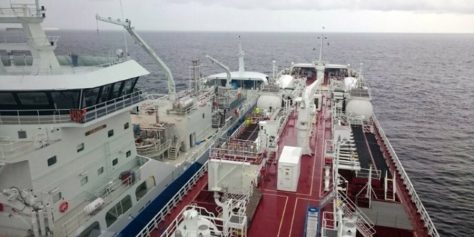incorporates specific checklists to assist shipowners, operators, ports, fuel suppliers and other interested parties in safe storage and handling.
Trafigura, one of the largest ship charterers in the world, proposes that the International Maritime Organization introduce a carbon tax of between $ 250 and $ 300 per metric ton of CO2 equivalent in fuels for shipping, in order to low and zero carbon fuels are more economically viable and more competitive.
The Ministry of Transport, Mobility and Urban Agenda (MITMA), in accordance with the Sustainable Development Goals of the 2030 Agenda, and international and European experiences, designs the Strategy for Safe, Sustainable and Connected Mobility, whose vision is to "make mobility is a right, an element of social cohesion and economic growth ”, with the year 2030 as the horizon.
For climate experts, green or renewable hydrogen - made from electrolysis of water powered by the sun or wind - is indispensable for climate neutrality. It appears in the eight scenarios of net zero emissions of the European Commission for 2050 (ref. 1). In theory, it can do three things: store surplus renewable energy when the grid cannot absorb it, help decarbonize hard-to-electrify sectors such as long-distance transport and heavy industry, and substitute fossil fuels as carbon-free feedstock in the production of chemicals and fuels.
On Wednesday, Parliament adopted its position on the Commission's proposal to revise the EU system for monitoring, reporting and verifying CO2 emissions from maritime transport (the “EU MRV Regulation”) with 520 votes to 94 and 77 abstentions.
Last year was also notable for new construction contracts for four 7,500 m3 LNG offshore vessels, comprising two for Korea Line and two for Stolt-Nielsen Gas, and all scheduled for completion in 2019. Although only one of the vessels Korea Line has definitely been assigned to LNGBV tasks, the four are planned to carry out STS fueling operations.


